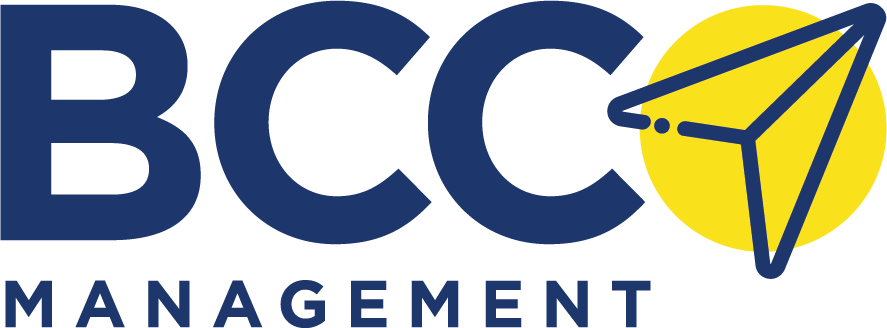4 Steps to Selecting the Right PCO
Have you ever been to a car mechanic and felt like they spoke another language to deliver the news about your car? Well if you have, welcome to my world. We both need to find new mechanics but that’s not why you’re here so let’s get on with it.
It can be challenging to find the right professional in any industry and finding the right professional conference organiser isn’t exempt. An event is a real-life experience of your organisation and a PCO will be responsible for delivering that experience so it is important that you take the time and do your research to find the right person for the job.
Often new clients come to us after someone internally has been running events and no longer has capacity, a business is looking at growing their conference and needs help to do so or it may be your associations first time hosting a conference and you don’t know where to begin. All of these are great reasons to engage a PCO to deliver your event but before you do, it is important to know what a PCO is, how they can help and what to look for when deciding on the right person for the job.
Here are 4 easy steps to find the best fit PCO for your organisation:

1. Provide an event brief
PCO’s love detail! When you engage a PCO, it is important to provide as much information about your event as possible. For example, include information such as event history, types of services required, estimated budget, number of conference days, dates and location, how often the conference runs, no. of delegates, registration fees, number of social functions, size of exhibition, accommodation requirements, number of presenters or a program overview and pre/post event tours. This information will provide the PCO with an overall picture of your event so they can provide you an accurate cost breakdown of their services.
If it is an inaugural event, it can often be hard to know what to expect for your first conference. If that’s the case, create a vision of your event to your PCO and they will be able to work with you to construct an event plan within the confines of your budget.
2. Get to Know your PCO
Planning a multi-day event will often mean an 18-month lead time to your event so you want to get to know the team you will be working with. After you have provided an event brief, arrange for a time for the organising committee or association to jump on a call to meet the PCO team (better yet, grab a coffee!). There is a lot to learn about running an event so this is your opportunity to meet the people you will be working with, ask questions and learn about the conference planning process.
The important questions you should find out about your PCO are things like; have they organised events of a similar size, is running a conference their core business, level of experience, is sponsorship acquisition included, do they offer DCO services, what technology they use, environmental and cultural policies and whether they subcontract or run everything in-house.
At this stage, make sure you check for reviews and testimonials too. They should be able to pass on the contact details of a client or at the least have a handful of Google or Facebook reviews for you to have a peek at.
3. Start working on that shortlist
Now that you have met your PCO candidates and know a bit about them it’s time to make some decisions. Before you sit down with your team to make the decision, establish a set of criteria that will help you decide who to work with.
The criteria for picking your PCO might include a summary of previous conferences they have organised, testimonials from clients, photo or video proof of previous events, professional association memberships, number of years in operation or team size.
4. Get started with your new PCO
It is decision making time! Hopefully you have a clear front runner at this stage and it is time to get started with your new PCO.
From here, they will send you an agreement with a summary of the key information you provided and a cost proposal based on the event details. Be sure to also get a proposal for additional hours of work just in case you decide to add or amend elements of your program throughout the planning process.
If you’re new to events then check out one of other blogs to find out more about a professional conference organiser: What is a PCO and how can they help my business?

